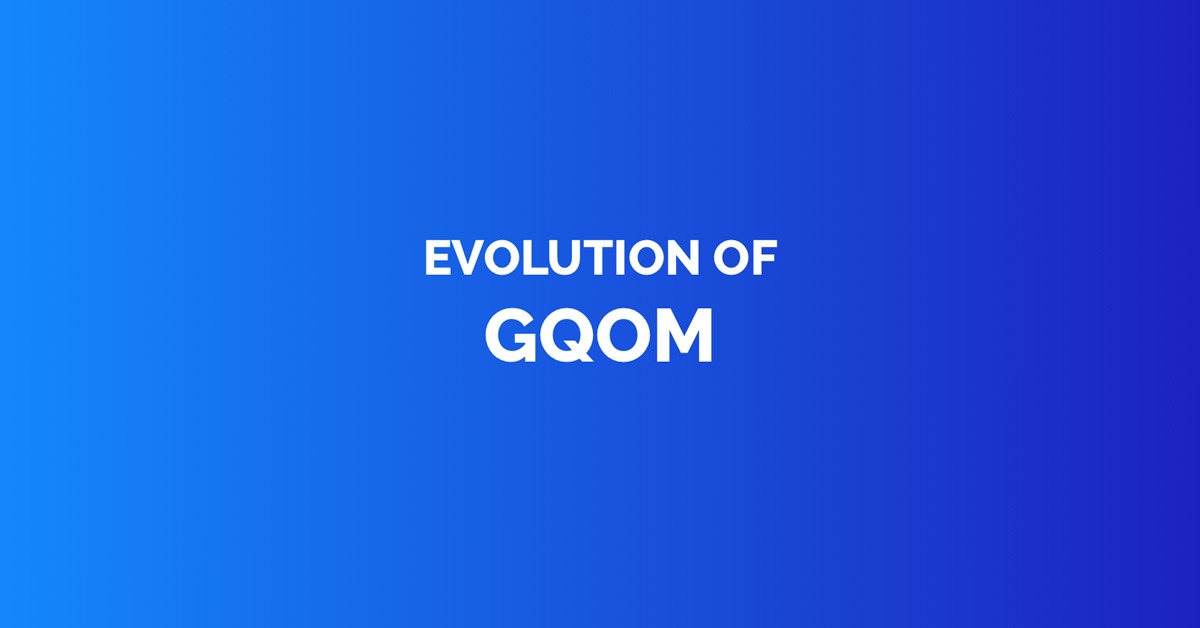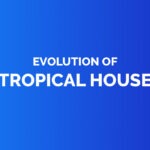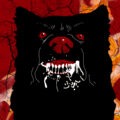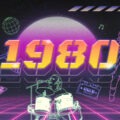History
Gqom emerged from the Durban townships of South Africa in the early 2010s and hit the international scene in 2016 when the self-described gqom queen Babes Womdumo appeared on the soundtrack for Marvel’s Black Panther. It started on the fringes of the music scene, being played at house parties and clubs, and around 2015 “cleaned up” versions of the genre started appearing as the style grew into a more radio-friendly pop sound that helped it gain worldwide attention.
Influences
The percussive vocal style of kwaito (which has its roots in Mbaqanga, a 1960s South African genre with rural Zulu roots) is freshened up with a beat that steps away from traditional house music’s four-on-the-floor rhythm. The beat reflects a more traditional African drum sound, while the lyrics take their cues from South African nightlife.
Sound
Gqom often has a dark and hypnotic bass-heavy sound and differentiates itself from traditional house music by its irregular kick drum patterns (or broken beats). The songs have power, and many feature menacing synth pads and vocals that are minimal lines repeated over and over throughout the song.
DJ Bongz – “Fly Away”
Durban, 2011
The beat in this early gqom track is still fairly similar to a kwaito house beat, as are the upbeat nature of the lyrics and chord pattern, but the synth pads and percussion are a idea of what’s to come as the genre progresses.
Vetkuk vs Mahoota “iStokvela”
Johannesburg, 2012
Throbbing bass and hypnotic, off-time rhythms feature prominently in this track by Vetkuk vs Mahoota.
Babes Wodumo ft Mampintsha – “Wololo”
Durban, 2016
Babes Wodumo (“the Queen of Gqom”) gave the genre a big boost internationally when her track Wololo was featured on the soundtrack to Black Panther.
DJ Chofy ft Zolani – “Konakele”
Pietermaritzburg, 2017
Gqom’s throbbing beat is on full display here DJ Chofy’s “Konakele”.
Distruction Boyz – “Omunye”
Durban, 2017
Distruction Boyz are often credited with helping take the genre from the underground to the South African pop charts. You can see why as this track retains the menace of the genre, but also has a produced and very danceable vibe to it.
DJ Lag – “Ice Drop”
Durban, 2017
The pounding irregular rhythm of this song could set a Swiss watch off time.
DJ Maphorisa & Ed Harris – “Gagashe II”
Soshanguve, 2018
There are some deep house elements like flashing synth stabs, and quick drops, but the beat and vocal style is all gqom.
DJ Tira & Prince Bulo – “No Rush”
Durban, 2018
Synth whistles and grunts make DJ Tira & Prince Bulo’s track very menacing and is a great example of how the genre has evolved.
Sho Madjozi – “John Cena”
Limpopo, 2019
Sho Madjozi’s incredible vocals are a mix of rap and the percussive singing style of kwaito which she showcases in the fantastic “John Cena”.






















